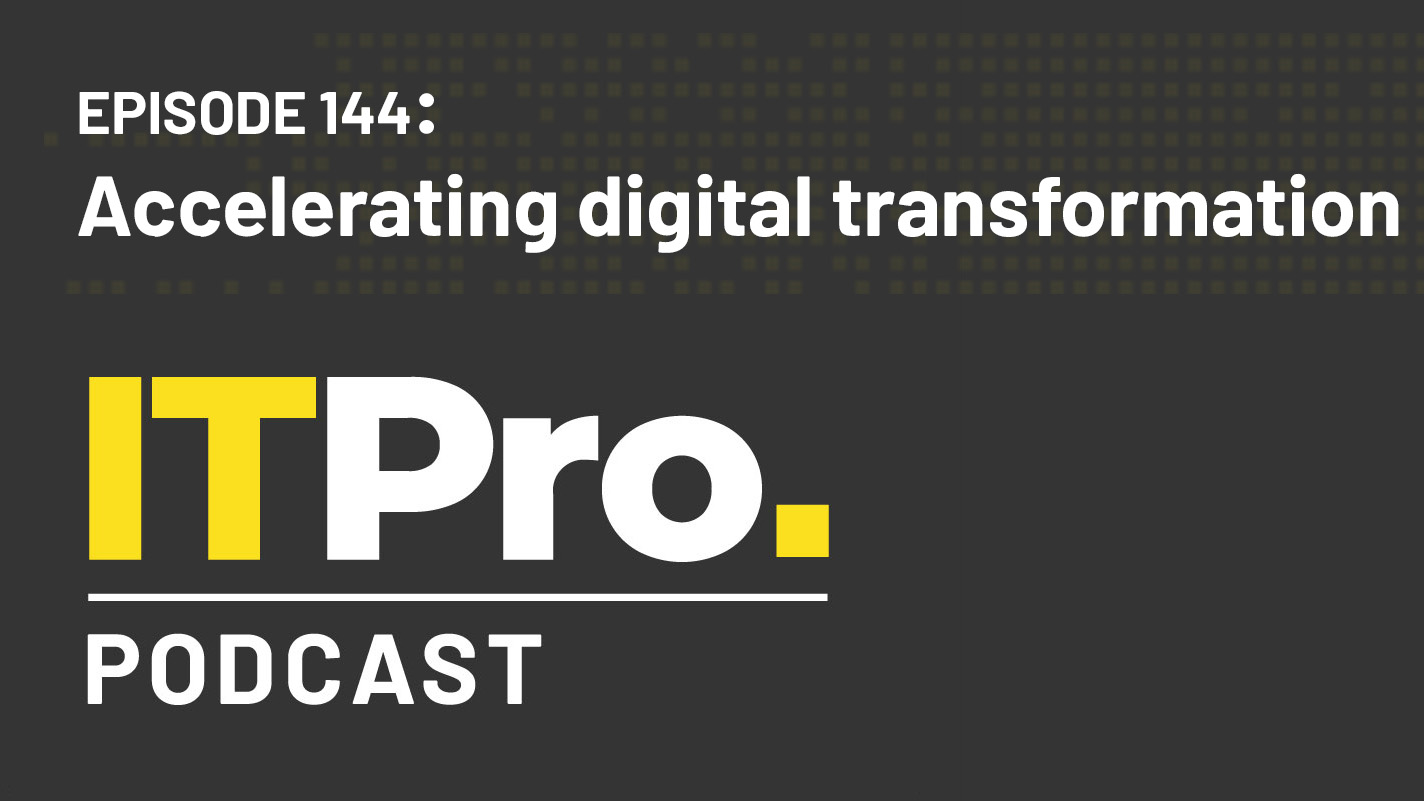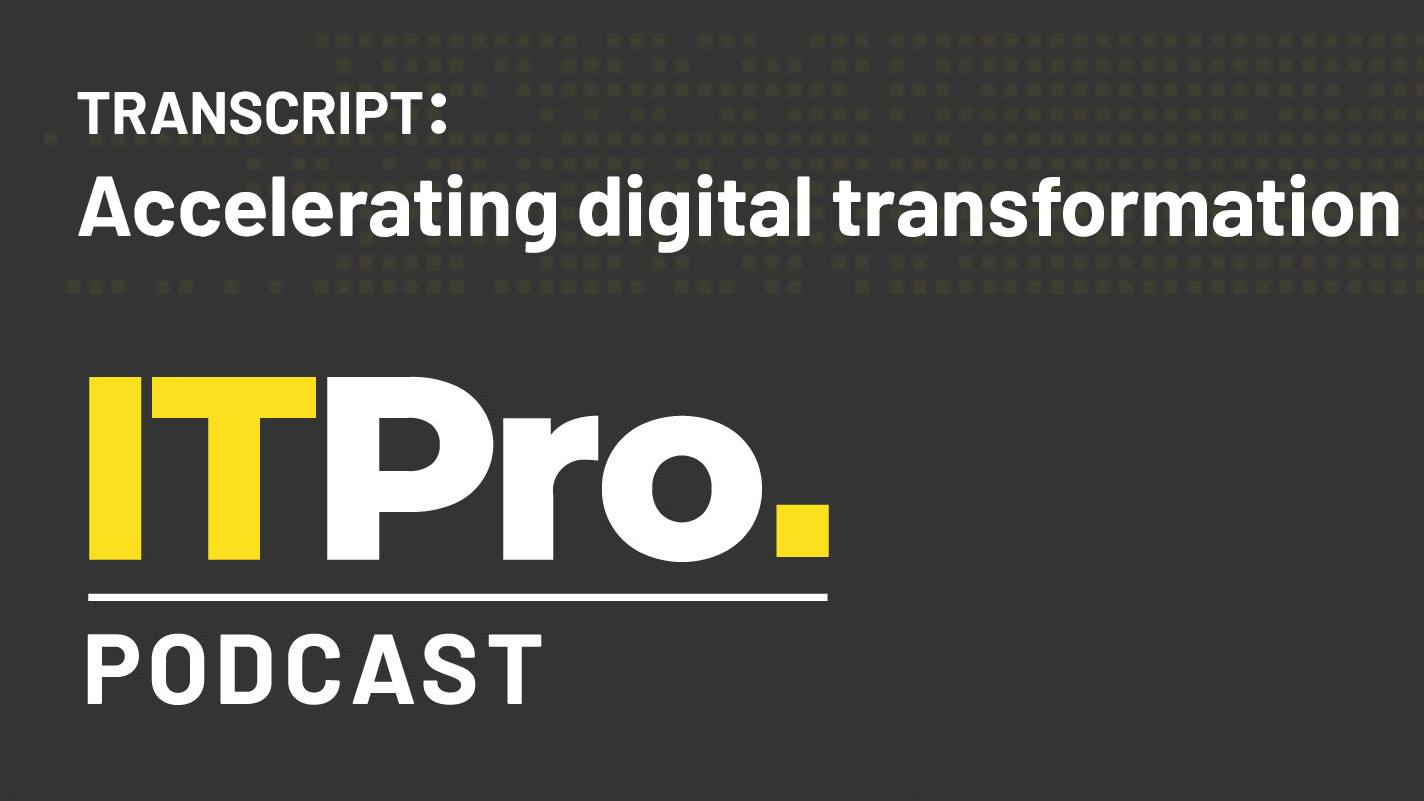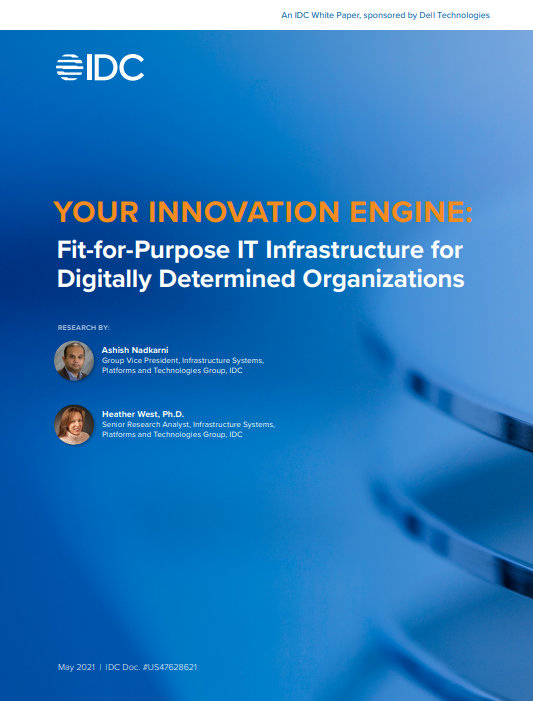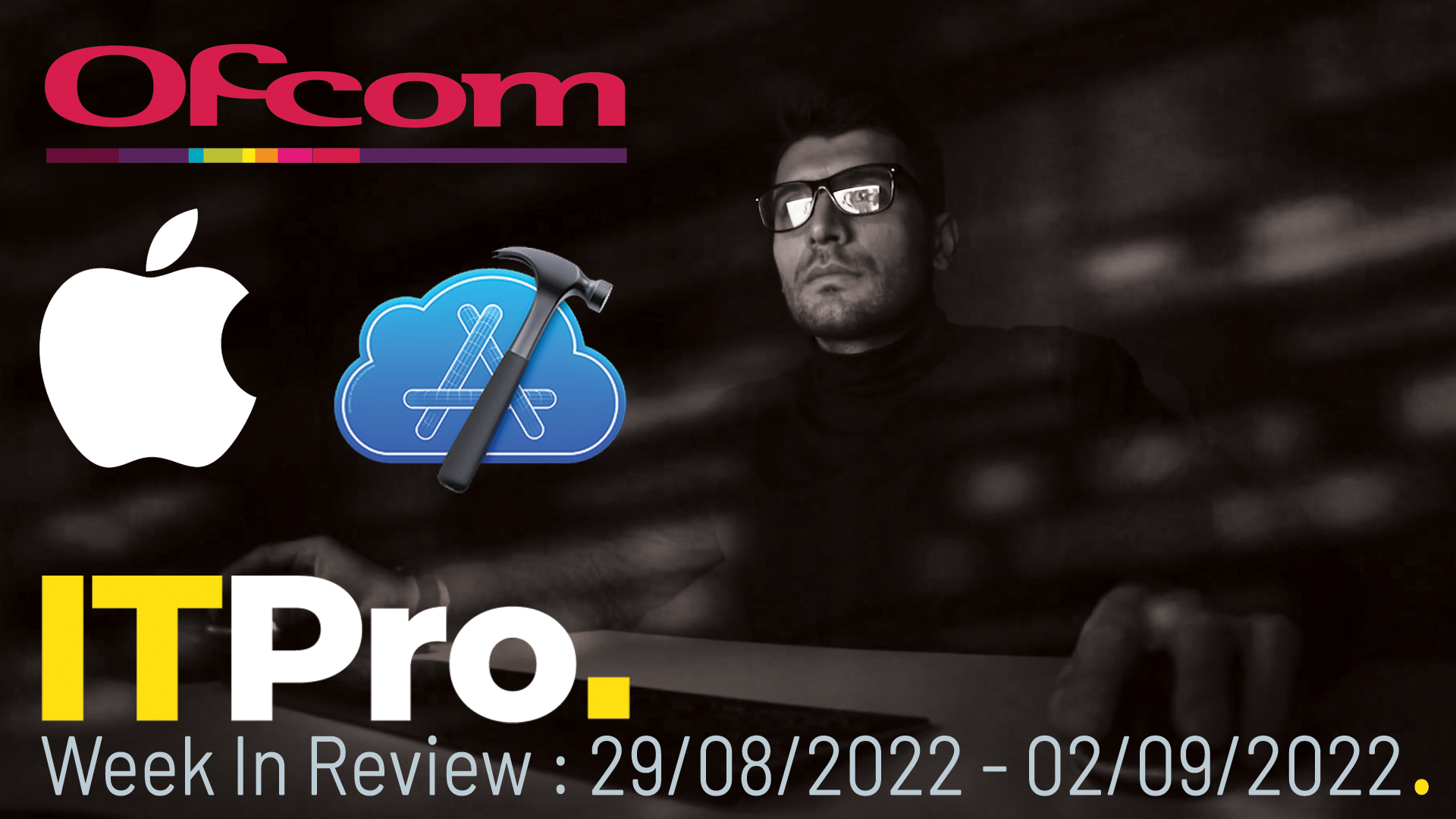Q&A: David Elton, PA Consulting Group
CIOs are increasingly influential, but have to juggle "dual roles", study finds.

Each year, PA Consulting Group and Harvey Nash, the recruitment firm, carries out a global survey of chief information officers.
This year's survey polled more than 2,500 senior IT executives, and covered topics from cloud computing and tablet devices, to the CIO-business relationship and the CIO's role on the board.
IT Pro spoke to David Elton, PA Consulting's IT and change management expert and one of the study's authors, about the findings.
You've just completed your annual CIO survey one of the largest of its kind. What have been the main findings?
The key finding is the dual role we are seeing for CIOs, what we refer to as two "survival patterns". On the one hand the CIO is having to deal with the day to day delivery of utility computing, on the other hand, he or she is having to look at innovation, look at what is happening in the technology market, and ask can how that help the business.
But that actually creates quite a bit of tension for the CIO role, building those two survival patterns into one job.
The advent of the tablet as the device of choice for head office and knowledge workers is a very interesting development.
Sign up today and you will receive a free copy of our Future Focus 2025 report - the leading guidance on AI, cybersecurity and other IT challenges as per 700+ senior executives
What would you say are the most important trends for companies' investments in technology?
Cloud is there on the agenda. As we've seen it is still very much a wait and see position, but I do think cloud is a big opportunity. There are a number of others: service oriented architecture sounds very technical, but that is going to come back. It has been, gone and will come back as a genuine investment path that will lead to more flexibility for the business.
I also think the advent of the tablet as the device of choice for head office and knowledge workers is a very interesting development. So is the potential for IT to evolve, as a two-tier architecture. That means very, very secure, core operations and an envelope of business intelligence and knowledge management setting around that, with much more flexibility for individuals to be creative in the way they engage with the knowledge base of the firm.
You've seen some loosening of budget constraints, what do you think is driving that?
The loosening of budget constraints is more of a sense than a trend. We did see 39 per cent of respondents saying budget constraints were loosening, but 61 per cent are not so sure. And equally we saw pretty much static budgets between 2010 and 2011.
There is, though, a sense that there is an opportunity to do things with IT, and that is different from a year or two ago. There is a growing sense that the business is prepared to invest in IT, rather than that there is a loosening of budgetary constraints per se.
In terms of how companies are sourcing their IT, what changes are you observing?
The data from the survey is suggesting an efficient and maturing market in IT sourcing. Nearly half the respondents are saying they may increase the level of sourcing, but equally half are saying they will stay the same or maybe change. That reflects what we are seeing from our client base: a mix of new contracts, re-tendering of contracts and some insourcing from previously outsourced contracts.
How important is the cloud?
The cloud is creating a further step in the commercialisation of IT. But what is driving sourcing and cloud decisions is much more around the need for flexibility (in providing IT resources) than in reducing the need for capital investment.
We are seeing that not just in the procurement of services around cloud computing, but also in the investment people are making in their architecture. They are focusing much more on the replacement of legacy systems to create more scalable solutions for the business.
Cost is a big part of it, but we are also seeing a lot of interest from clients around flexibility. The opportunity to help the business to be more agile, is the thing that is really driving a lot of decision making both around outsourcing, and around the cloud. As a business you should look at what you are doing around cloud, and think about why you are doing it.
The opportunity to help the business to be more agile, is the thing that is really driving a lot of decision making both around outsourcing, and around the cloud.
The cloud is receiving a lot of attention from the vendors, but surely that does not make it the only form of external sourcing that is viable or mean that most IT will be sourced from the cloud? There is still a lot of conventional outsourcing being done, isn't there?
Absolutely, the survey suggests that non-cloud sourcing is still the way businesses buy the majority of their IT services. If you look under the covers of most businesses, you will discover quite a degree of complexity in the IT, supporting many bespoke aspects of the business, and that hasn't changed yet.
-
 Trump's AI executive order could leave US in a 'regulatory vacuum'
Trump's AI executive order could leave US in a 'regulatory vacuum'News Citing a "patchwork of 50 different regulatory regimes" and "ideological bias", President Trump wants rules to be set at a federal level
-
 TPUs: Google's home advantage
TPUs: Google's home advantageITPro Podcast How does TPU v7 stack up against Nvidia's latest chips – and can Google scale AI using only its own supply?
-
 Why managing shareholders is key to innovation
Why managing shareholders is key to innovationIn-depth Seeking out investment for new technologies and seeing your ideas through requires continuous and measured trust-building
-
 What tech investors can learn from three under-fire CEOs
What tech investors can learn from three under-fire CEOsAnalysis With clear lessons to learn from the high-profile cases of Autonomy, Theranos, and Wirecard, investors should tread carefully in future
-
 Protecting CIOs' IT budgets is "paramount" in maintaining business growth
Protecting CIOs' IT budgets is "paramount" in maintaining business growthNews If CIOs are forced to make emergency budget cuts, they should also explain the risks to high level stakeholders so the responsibility is shared
-
 The IT Pro Podcast: Accelerating digital transformation
The IT Pro Podcast: Accelerating digital transformationIT Pro Podcast Implementation is just as important as the value of change
-
 Podcast transcript: Accelerating digital transformation
Podcast transcript: Accelerating digital transformationIT Pro Podcast Read the full transcript for this episode of the IT Pro Podcast
-
 Fit-for-purpose IT infrastructure for digitally determined organisations
Fit-for-purpose IT infrastructure for digitally determined organisationsWhitepaper Your innovation engine: Guiding organisations through change in the new digital economy
-
 IT Pro News in Review: CIOs face a challenge, Ofcom's telecom fines, Apple expands Xcode
IT Pro News in Review: CIOs face a challenge, Ofcom's telecom fines, Apple expands XcodeVideo Catch up on the biggest headlines of the week in just two minutes
-
 CIO role has 'drastically changed' over last 24 months, says Lenovo
CIO role has 'drastically changed' over last 24 months, says LenovoNews Globally survey suggests chief information officers have greater influence over their company now the role has expanded beyond technology